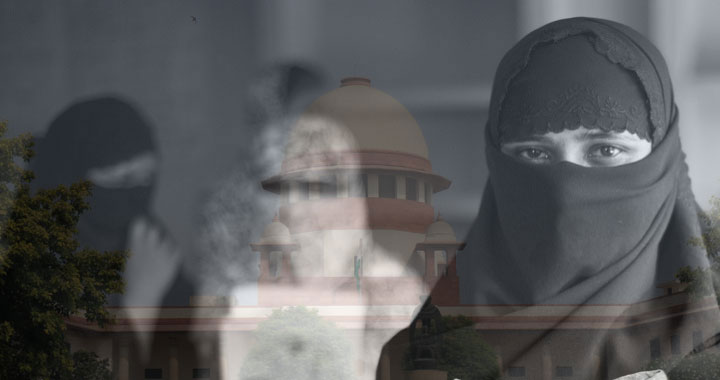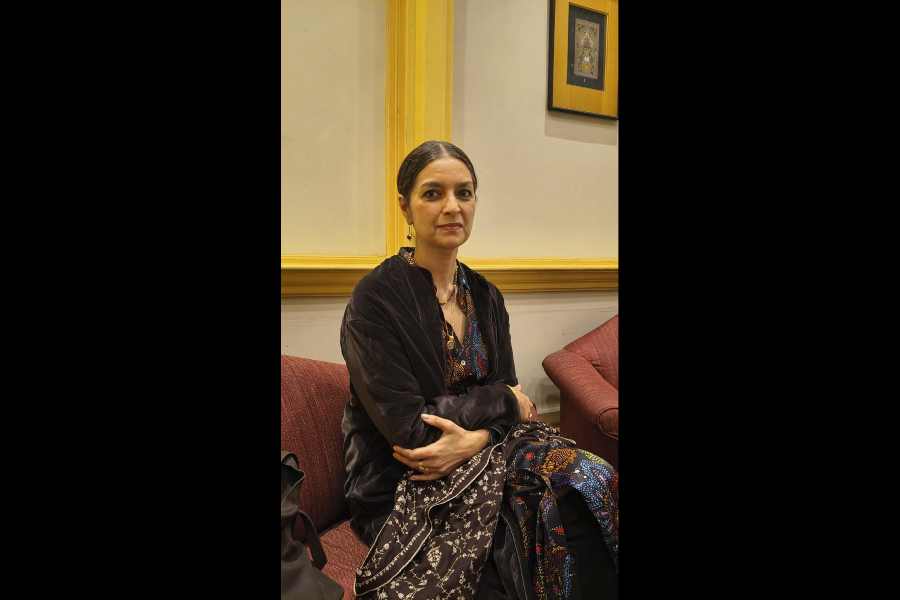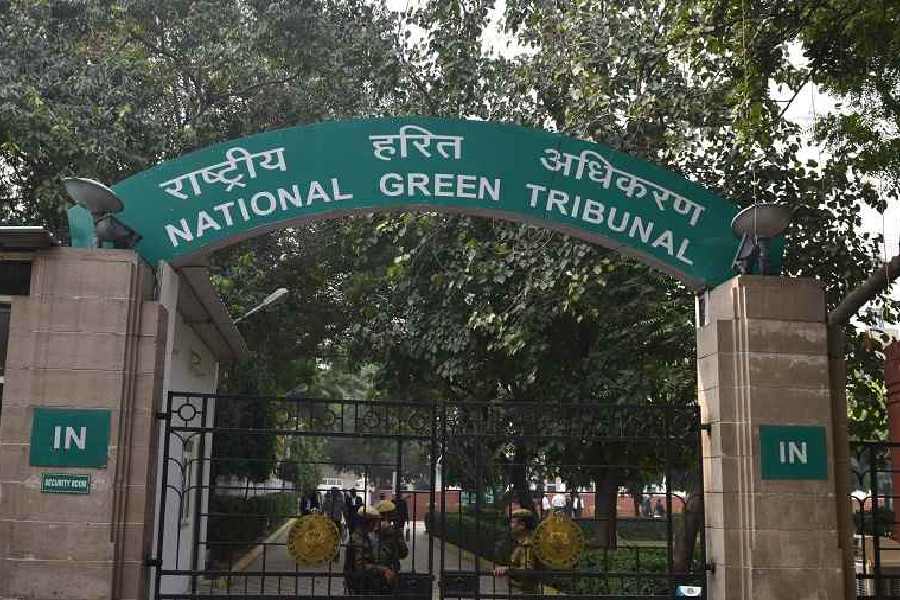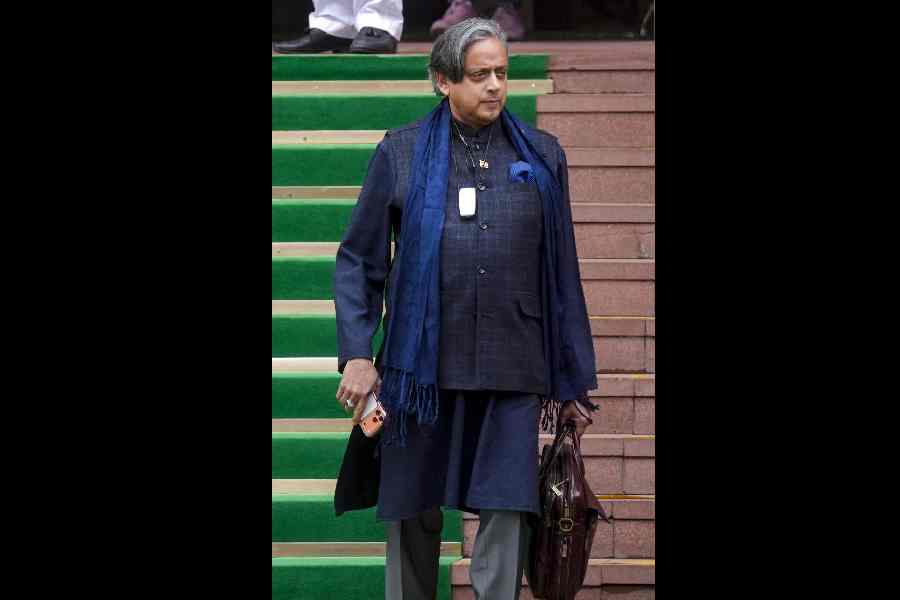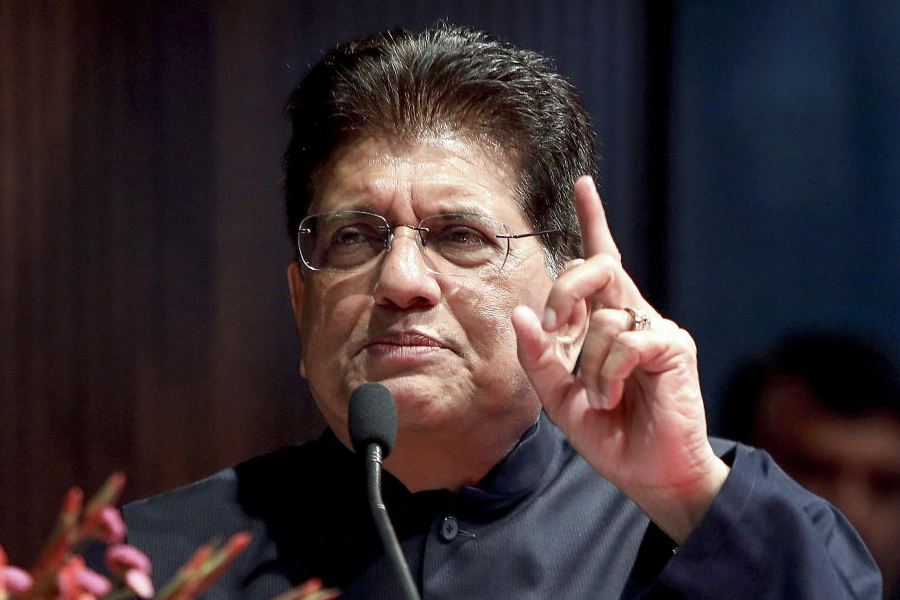An organisation of Sunni scholars and clerics in Kerala has moved the Supreme Court challenging the constitutional validity of the Muslim Women (Protection of Rights on Marriage) Act, 2019, pleading that it might lead to “polarisation and disharmony” if not struck down.
The petition, filed on Friday by advocate Zulfiker Ali, is expected to come up for hearing next week.
Parliament had recently passed the bill amid acrimonious debate and the act — which makes instant triple talaq an offence punishable by a jail term — has since been notified.
According to the petitioner, Samastha Kerala Jamiathul, the act violates Articles 14 (equality before law), 15 (non-discrimination) and 21 (life and liberty) of the Constitution and, accordingly, liable to be struck down.
The religious organisation in its plea said the act has introduced a penal provision, specific to a class of persons based on religious identity. “It is causative of grave public mischief, which, if unchecked, may lead to polarisation and disharmony in society,” the petition said.
The petitioner said the real thrust of the law was the penal provision contained in the act’s Section 4
intended to punish Muslim men, not abolition of instant triple talaq — the practice of divorce by the uttering the word thrice in succession now made illegal under section 3 of the law.
“The intent behind the act is not abolition of triple talaq but punishment of Muslim husbands. Section 4 imposes a maximum sentence of 3 years’ imprisonment when a Muslim husband pronounces triple talaq. The offence is cognisable and non-bailable as per Section 7,” the petition pointed out.
The organisation contended that the creation of an offence might be the prerogative of the legislature, but the government was duty-bound to act reasonably and sensibly, not merely in administrative matters but sovereign matters.
“To the petitioner’s knowledge there is no informed assessment or study that forms the basis for the central government to have created this offence. That some isolated instances of the practice have occurred despite the judgment of this Hon’ble Court does not imply that a penal provision is required to be immediately enacted to prevent the practice.
A five-judge constitution bench of the court had in August 2017 declared the practice of instant triple talaq unconstitutional in a 3:2 verdict and asked the legislature to evolve a suitable legislation to tackle the problem.
“If the motive was to protect a Muslim wife in an unhappy marriage, no reasonable person can believe that the means to ensure it is by putting an errant husband in jail for 3 years and create a non-bailable offence for merely saying ‘Talaq, Talaq, Talaq,” the petition said.

